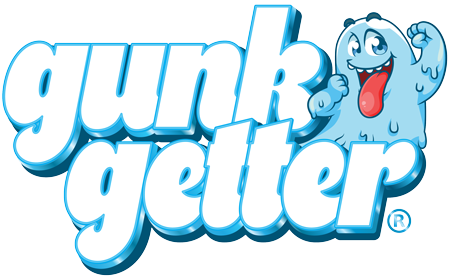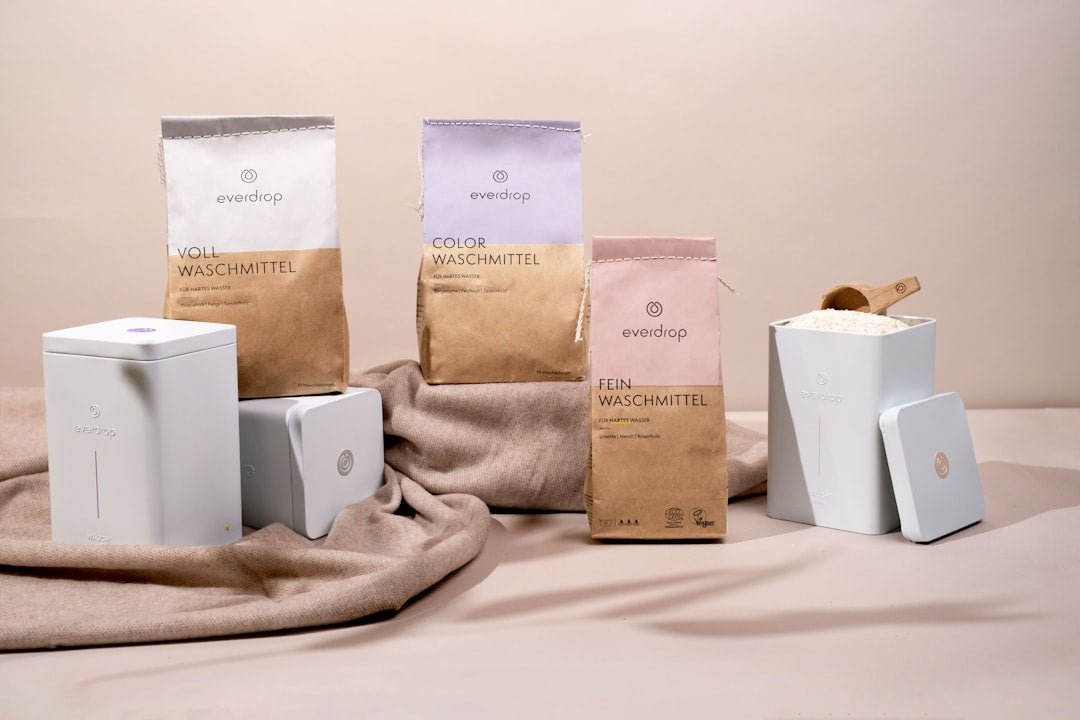In today's fast-paced world, maintaining cleanliness in our homes and workplaces has become more essential than ever. However, the vast variety of cleaning products available can lead to confusion when trying to choose the most effective solution for your cleaning needs. This comprehensive guide is designed to demystify the world of cleaning products, helping you understand different types and their best applications. By the end, you'll be well-equipped to make informed decisions that keep your spaces spotless!
The Importance of Understanding Cleaning Products
With the rise of eco-consciousness and the growing awareness of allergies and sensitivities, it's crucial to know what you're using in your cleaning routine. Not all cleaning products are created equal, and understanding their purposes, ingredients, and effects will empower you to maintain a healthier environment. To start, let’s delve into the main categories of cleaning products available on the market.
Categories of Cleaning Products
Cleaning products can generally be divided into several categories based on their intended use:
- Surface Cleaners
- Disinfectants
- Glass Cleaners
- Degreasers
- Floor Cleaners
- Specialty Cleaners
Surface Cleaners
Surface cleaners are designed to clean a variety of surfaces, such as countertops, tables, and sinks. They work by breaking down dirt and grime, making it easier to wipe away. Many surface cleaners come in spray bottles, allowing for easy application, and they can be used on numerous materials, including wood, stainless steel, and tile. When choosing a surface cleaner, consider whether you prefer a product that is biodegradable or chemical-based.
Disinfectants
Disinfectants play a vital role in killing germs, bacteria, and viruses, making them essential for maintaining a sanitary environment, especially in high-touch areas. It's important to note that not all cleaners are disinfectants; disinfectants must meet specific criteria established by health organizations. You'll want to check the label for the type of bacteria or virus it is effective against, as well as the required contact time for effective sanitization.
Glass Cleaners
No one enjoys streaky windows or hazy mirrors. Glass cleaners are specifically formulated to provide a streak-free shine on glass surfaces. They often contain ammonia or vinegar, which helps dissolve fingerprints, water spots, and other residues. Just remember that these products should be used with caution on tinted windows, as some ingredients can damage the tint.
Degreasers
Cooking can certainly leave a mess, and grease can be one of the most stubborn substances to clean. Degreasers are specially formulated to break down oily residues found in kitchens and garages. These products can be used on stovetops, oven interiors, and various other surfaces where grease accumulates. Eco-friendly degreasers are now widely available, providing a safer alternative for both the user and the environment.
Floor Cleaners
Different types of flooring require specific cleaning products to maintain their appearance and longevity. Floor cleaners are categorized into types that include those for hardwood, tile, laminate, and carpet. While some cleaners are multipurpose and can be used on various surfaces, it's best to read the labels to ensure you're using the right product for your flooring type to avoid damage.
Specialty Cleaners
Specialty cleaners cater to specific cleaning tasks, such as removing stains, cleaning grout, or polishing stainless steel. These products are designed for unique challenges and often contain ingredients that target problem areas effectively. When tackling a particular cleaning issue, specialty cleaners can make a significant difference in achieving desired results.
Understanding Ingredients in Cleaning Products
One of the most important aspects of choosing cleaning products is understanding the ingredients used in their formulation. Here are some of the most common components you may encounter:
- Surfactants: These compounds help to lift dirt and grease from surfaces, allowing the cleaner to work effectively.
- Enzymes: These are natural proteins that break down organic stains, such as food and blood, making them easier to remove.
- Acids: Found in many cleaners, acids like vinegar or citric acid can help dissolve mineral deposits and stains.
- Bases: Alkali substances found in degreasers and some bathroom cleaners can help to neutralize acids.
- Fragrances: While these provide a nice scent, they may trigger allergies or sensitivities in some individuals.
The Rise of Eco-Friendly Cleaning Products
As awareness grows around the impact of traditional cleaning products on the environment and human health, eco-friendly alternatives have gained popularity. These products often boast biodegradable ingredients, minimal packaging, and environmentally safe formulations. Choosing eco-friendly cleaning solutions not only helps protect the environment but also promotes a healthier living space.
Safety Tips for Using Cleaning Products
When using any cleaning product, safety should always be a priority. Here are some key tips to keep in mind:
- Read Labels: Always read the label for usage instructions, safety warnings, and proper storage guidelines.
- Ventilation: Ensure that rooms are well-ventilated when using strong cleaners to avoid inhaling fumes.
- Protective Gear: Consider wearing gloves, goggles, or masks if you’re using harsh chemicals, especially in confined spaces.
- Keep Away from Children: Store all cleaning products out of reach of children and pets to prevent accidental ingestion.
- Combine Wisely: Never mix cleaning products unless specified as safe on the label; mixing can create dangerous reactions.
Crafting Your Personalized Cleaning Routine
With a clear understanding of the different types of cleaning products available, you can create a cleaning routine that fits your lifestyle and environment. Here are some tips for crafting an effective and personalized cleaning regimen:
- Assess Your Needs: Determine which areas of your home or workspace require the most attention and choose the appropriate products accordingly.
- Choose Multi-Purpose Products: To reduce clutter and save time, opt for products that can work on multiple surfaces.
- Schedule Regular Cleanings: Establish a cleaning schedule to maintain cleanliness and prevent the buildup of dirt and grime.
- Add an Eco-Friendly Touch: Incorporate eco-friendly products into your routine to contribute positively to the environment.
- Stay Organized: Keep cleaning supplies organized and accessible to streamline your cleaning process.
Embracing a Cleaner Future
The variety of cleaning products on the market can often feel overwhelming, but understanding their types, ingredients, and safe usage will prepare you to tackle any cleaning challenge. By combining modern solutions with eco-friendly options, you’ll cater to both your cleaning needs and your values. Remember, a clean space is not just about aesthetics; it fosters a healthier and more enjoyable living environment. So go ahead, grab your cleaning supplies, and start embracing the cleaner future that awaits you!
Take a look at another user's Shopify store by clicking here. Please be aware that this is a promotional link, and we cannot be held responsible for the content of the linked store.


Share:
Master the Art of Clean: Your Ultimate Guide to Creating a Perfect Cleaning Schedule
Transform Your Space: A Guide to Eco-Friendly Cleaning